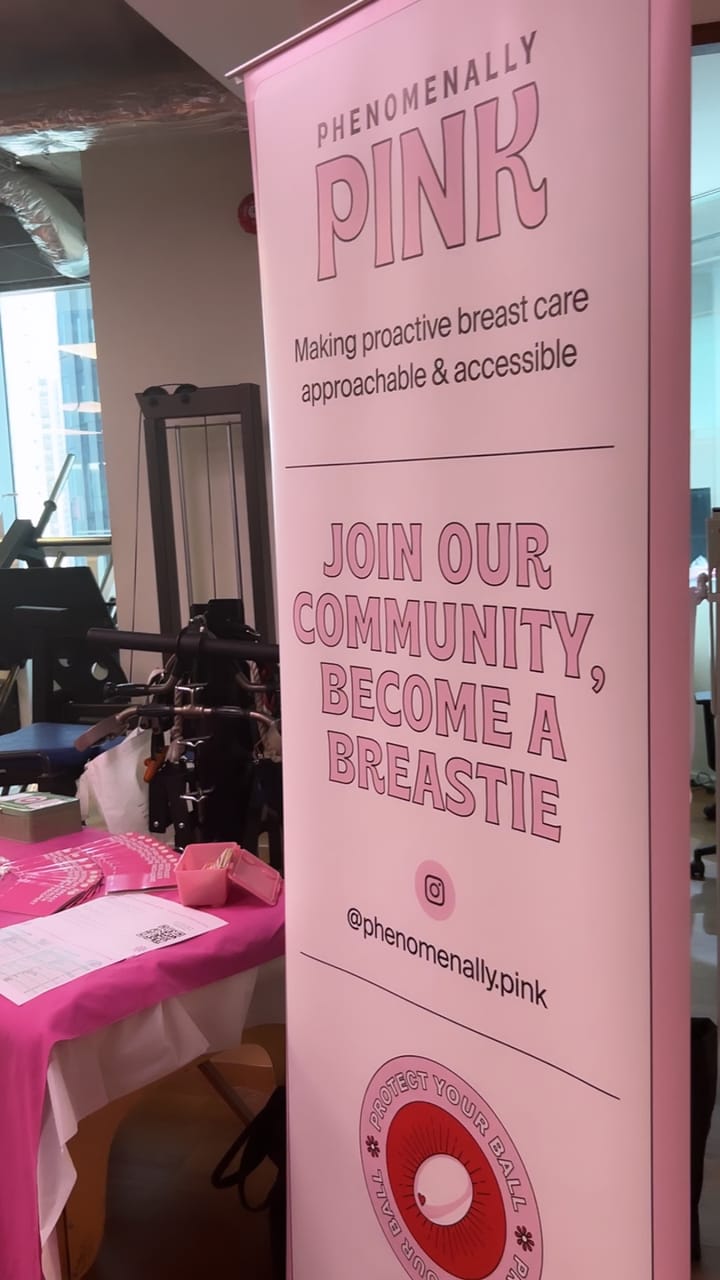What’s the truth about vaping?

A few minutes every morning is all you need.
Stay up to date on the world's Headlines and Human Stories. It's fun, it's factual, it's fluff-free.
Smoking cigarettes is bad for you. You straight up shouldn’t do it. It was about 220 years ago that people first began to figure out the health risks of smoking tobacco, and people started to really have concerns in the 50s and 60s. But only within the past half-decade have public campaigns against smoking started cropping up everywhere. Still, people want to satisfy that itch for nicotine. Hence, the e-cigarette and vaping craze.
First introduced as a safe alternative to smoking, e-cigarettes allowed smokers to ease off tobacco cigarettes by treating nicotine withdrawal. But now, people have their doubts. For example, vape manufacturers like Juul have come under fire for marketing to young audiences, motivating young non-smokers to develop nicotine addictions. And last spring, Hong Kong banned the sale of e-cigarettes.
Plus, research suggests vaping is bad for your heart and lungs. No matter how you get it into your body, nicotine is a toxic substance. Still, we actually don’t know the long-term health effects of vaping because it just hasn’t been around long enough for there to be relevant examples. Actually, there are a lot of unknowns when it comes to vaping, including which chemicals make up the vapor.
“Emerging data suggests links to chronic lung disease and asthma, as well as associations between dual use of e-cigarettes and smoking with cardiovascular disease,” explains the director of clinical research at the Johns Hopkins Ciccarone Center for the Prevention of Heart Disease, Michael Joseph Blaha.“You’re exposing yourself to all kinds of chemicals that we don’t yet understand and that are probably not safe.”
But, a 2021 study found that those who used nicotine e-cigarettes were more likely to stop smoking for at least six months than those who used other kinds of nicotine replacement therapies like patches, gum or nicotine-free e-cigarettes. So, when it comes to smoking, Jamie Hartmann-Boyce, an associate professor of evidence-based policy and practice at the University of Oxford, says, “We need a tool kit of things people can try.”




Comments ()